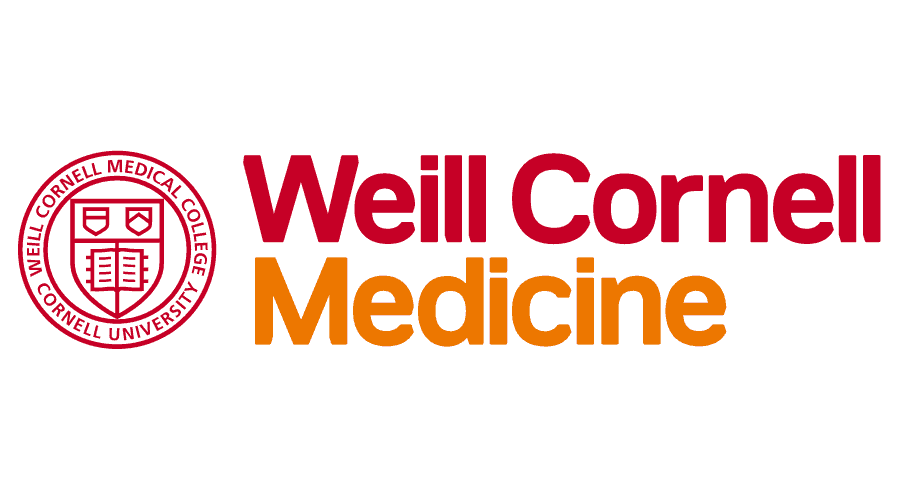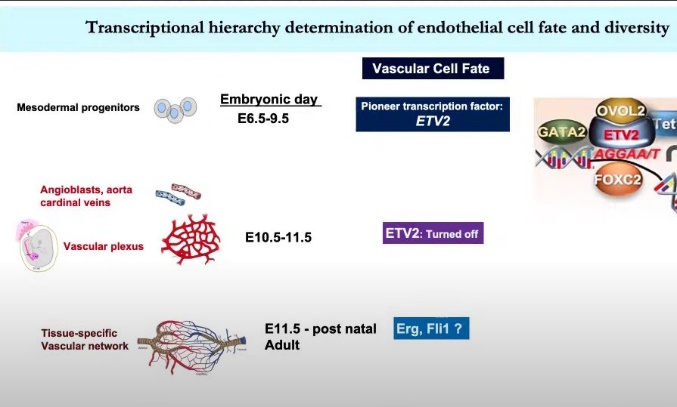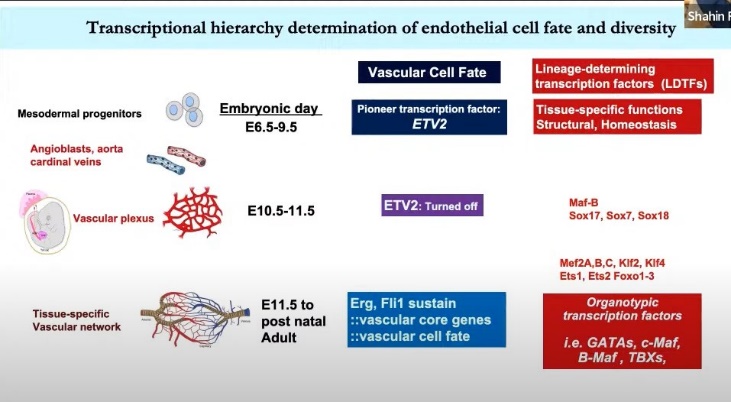ISSUES
Adaptable and Hemodynamic Endothelial Cells for Organogenesis and Tumorigenesis by Professor Shahin Rafii
Contents
(Stem Cell Therapy & Organoids Session 1)
Adaptable and Hemodynamic Endothelial Cells for Organogenesis and Tumorigenesis
Shahin Rafii_Professor, Weill Cornell Medical College
Professor Shahin Rafii gave a talk on what are the challenges for stem cell therapeutic in which some other speakers mentioned the problem which is related to clinical trial with stem cell and organoid. Professor Rafii explained that there isn’t any single approved drug in which the questions with maturation and stability is a problem. Professor Rafii stated that there are also problems with engineering challenges with the right metrics but one of the areas of the challenges that have been focusing on is the sub-optimal durable vascularization upon transplantation. Professor Rafii elaborated the solution if we want to transplant any IPS derived cells whether it is colon organoid, hair follicle, heparasite organoids engraftment is much better so vascularized pancreatic iodide intestinal organoid and hepatic organoid before transplantation may allow faster engraftment, less death, more survival, more anastomosis, more adaptation and less fibrosis so the landscape of vascular therapeutics is very exciting right at present.
Image Sources: Zoom Presentation Screenshot by Professor Shahin Rafii
Many people have been using vascular niche organic specific vascular niche to expand stem cell tumor stem cell for full disclosure. Professor Rafii started a company where it is infusing adult allergenic human endothelial cell for organ regeneration after chemotherapy. The focus can be vascularized organoid before transplantation for treatment of any disease. Whether vascularizing tumors in vitro for therapeutic purposes is possible. There is a problem in which every organ has a different endothelium and within each endothelium and the filler cell are heterogeneous. Professor Rafii then proposed that each vascular bed depending on exposure to the signal turned on organotypic transcription Factor organotypic transcription factors. Professor Rafii proved that a specialization of endothelium in the organic specific manner is dependent on the switching gun of this organotypic transcription factors. The explanation continued with how Professor Rafii’s team have gotten funding to transplant vascularized human eyelid subcutaneously with the ability to transplant hepatic organoid subcutaneously which can be an approach for future work. Professor Rafii also shared that the study of physiology is important and the most amazing thing these arvix can get educated if put together with colon organoid. They then become intestinal vessel signature or they acquire tumor signature which can adapt or maladapt. Professor Rafii then mentioned the development in his company which they develop a technology to infuse endothelial cell in human.
Image Sources: Zoom Presentation Screenshot by Professor Shahin Rafii
The expansion in GMP facility and finishing phase one clinical trial. He proceeded to explaining clinical trials with lymphoma patients who had got a hydrochemotherapy. In the findings, they saw that there was no address effect this was the first endothelial transplant ever there was no address effect. There are still a lot of questions on how this endophilical to the vessels repair produce angiogram Factor. The development of this adaptable human endothelium can uncover enter an intra-organ vascular indigenity which can enable tumor targeting. Professor Rafii concluded his talk about his idea that in the future, generating organic specific endothelium is possible and this organ on vascular net for transplantation will also identify tumor specific endothing for targeting. He shared his excitement with their accomplishment on the first human endothelial transplant that showed no toxicity and that's going to open up the door to a huge number of new trials using vascular cells both for Infusion and many organs.


